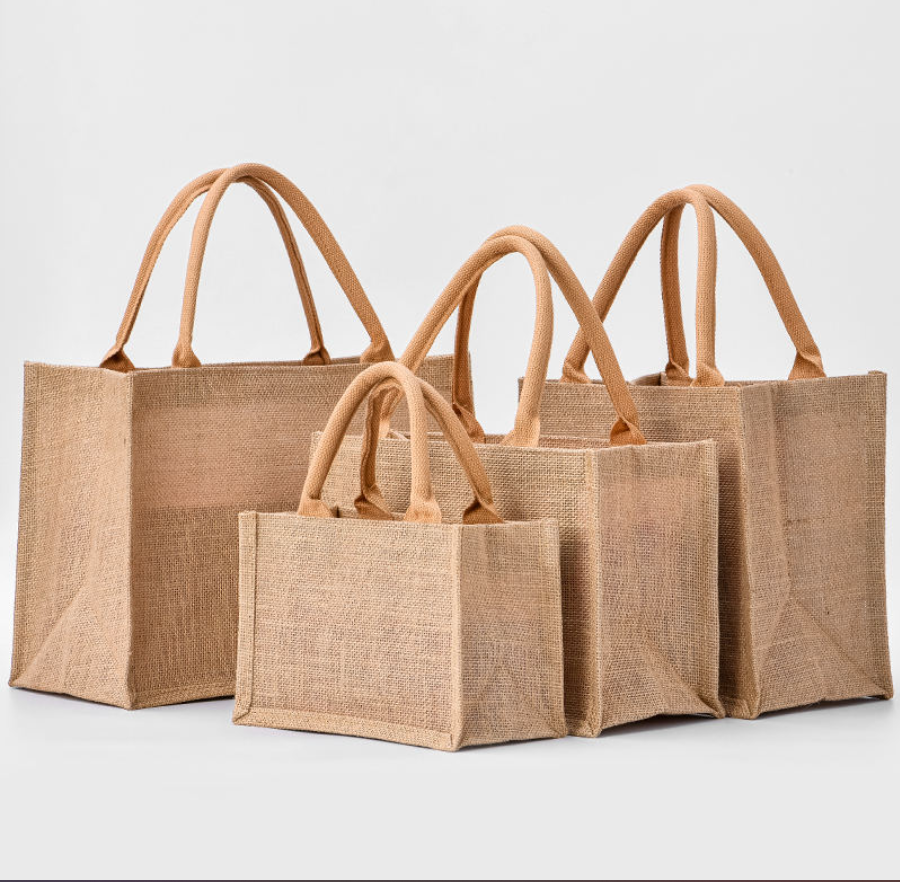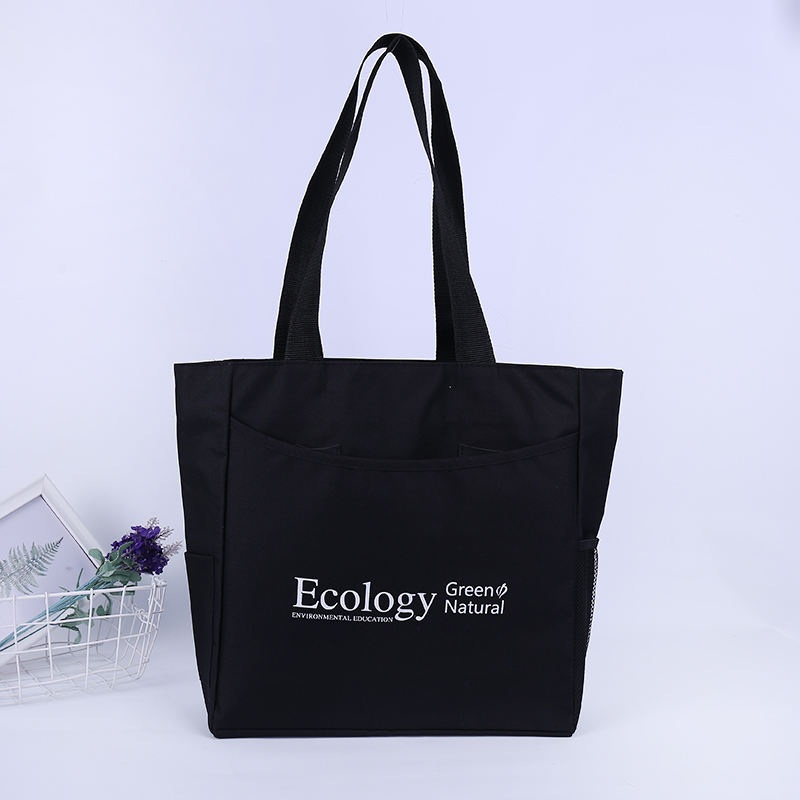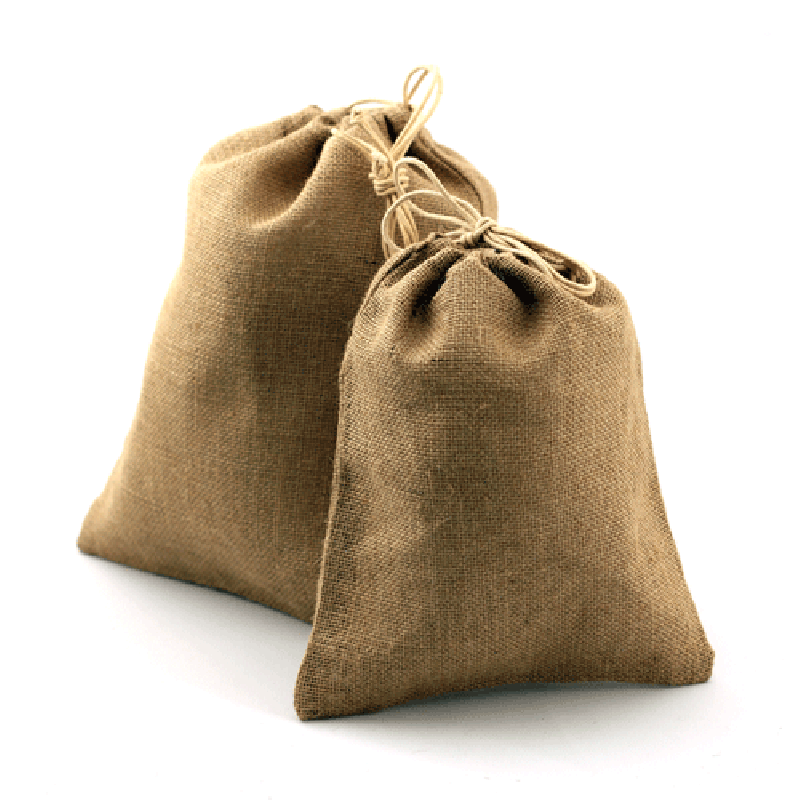Jute bags are eco-friendly and durable alternatives to plastic bags. Manufacturers make them from natural fibers, and people can recycle them. These bags are strong and can carry heavy items without tearing. You can use jute bags for grocery shopping, beach trips, or as stylish everyday bags.
They are available in various sizes and styles to fit your needs. Jute bags are also water-resistant, making them reliable in light rain. By choosing jute bags, you reduce plastic waste and promote a sustainable lifestyle.
If you want Jute bags to recycle, then you can easily. We will explore the recyclability of jute bags, highlight their advantages over plastic bags, discuss their lifespan, and provide creative ideas for repurposing old jute bags.
Are Jute Bags Recyclable?
Yes, jute bags are recyclable. Jute, also known as hessian or burlap, is a natural fiber from the jute plant. Jute is biodegradable and can be easily recycled. At the end of their life cycle, jute bags naturally decompose without causing harm to the environment.
Recycling jute bags includes breaking them into fibers that create new products. The recyclability of jute bags contributes to their sustainability and makes them an excellent choice for reducing waste.
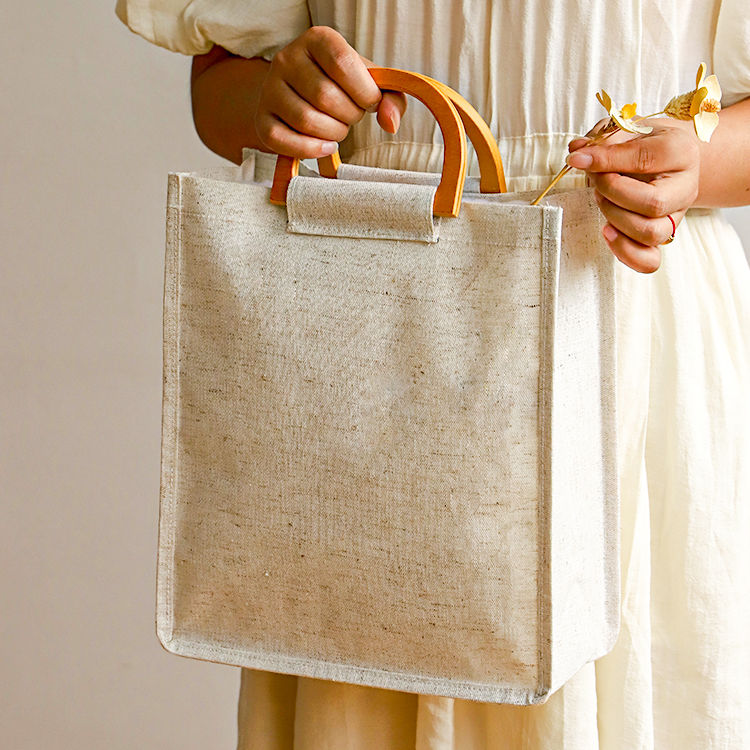
How Are Jute Bags Better than Plastic Bags?
Jute bags offer several advantages over plastic bags, making them a superior option for consumers and the environment. Here are some key points to consider:
Sustainability
People make jute bags from renewable and biodegradable material, while plastic bags derive from fossil fuels and take hundreds of years to decompose. By choosing jute bags, you can significantly reduce your carbon footprint and contribute to a cleaner and greener planet.
Durability
Jute bags are much sturdier than plastic bags and can withstand heavy loads. They have high tensile strength and are less likely to tear or break, making them ideal for carrying groceries, books, or other everyday items. The durability of jute bags ensures that they can be reused multiple times, reducing the need for single-use bags.
Versatility
Jute bags come in various sizes, shapes, and designs, catering to different needs and preferences. They are functional and stylish, allowing you to make a fashion statement while being environmentally responsible.
Water Resistance
While jute bags are not entirely waterproof, they have natural water-repellent properties, making them suitable for carrying items even in light rain. Plastic bags, on the other hand, are not resistant to water and can easily get damaged or cause the contents to become wet.
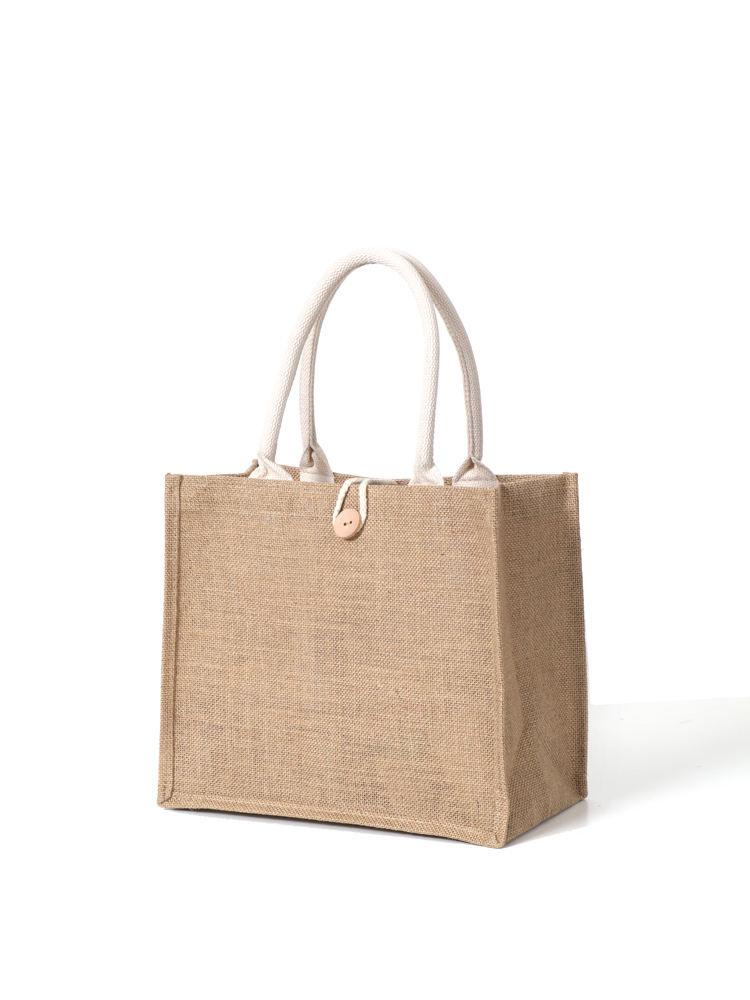
How Long Do Jute Bags Last?
The lifespan of jute bags depends on various factors such as usage, care, and quality of the bag. On average, a well-maintained jute bag can last for several years. With proper handling and regular cleaning, jute bags can retain their strength and appearance over an extended period.
To maximize the lifespan of your jute bag, avoid overloading it with excessive weight and clean it gently with a damp cloth when necessary. By using jute bags for your everyday needs, you can reduce the consumption of plastic bags and contribute to waste reduction.
What Can I Do with Old Jute Bags?
The breathable nature of jute allows air and water to reach the plants, promoting healthy growth. When your jute bags become worn out or are no longer in use, several creative ways exist to repurpose them. Here are some unique ideas:
- Plant Pot Covers: Cut the jute bags into appropriate sizes and use them as covers for your plant pots.
- Eco-friendly Gift Wrapping: Use old jute bags as gift wrap for presents. Add twine or colorful ribbons for an attractive and sustainable gift packaging solution.
- Reusable Grocery Bags: If your jute bags have small holes or stains, you can still use them as reusable grocery bags. The minor imperfections won’t affect their functionality.
- DIY Crafts: Get creative and transform old jute bags into various craft projects. You can make coasters, placemats, or fashion accessories like bracelets or earrings.

FAQs
Can you wash most jute bags in a machine?
Yes, you can wash most jute bags in a machine. However, we recommend checking the care instructions provided by the manufacturer.
Are jute bags more expensive than plastic bags?
Jute bags are generally more expensive than plastic bags due to their higher production costs. However, they offer better long-term value considering their durability and eco-friendly nature.
Can I compost jute bags?
Yes, you can compost jute bags. The natural fibers in jute bags break down over time, enriching the soil and contributing to a healthier ecosystem.
Where can I buy jute bags?
Jute bags are available at the online retailer cnxiangfu.com. You can find them in different designs, sizes, quality, and price jute bags in the online store. It’s an eco-friendly shop and a very user-friendly website.
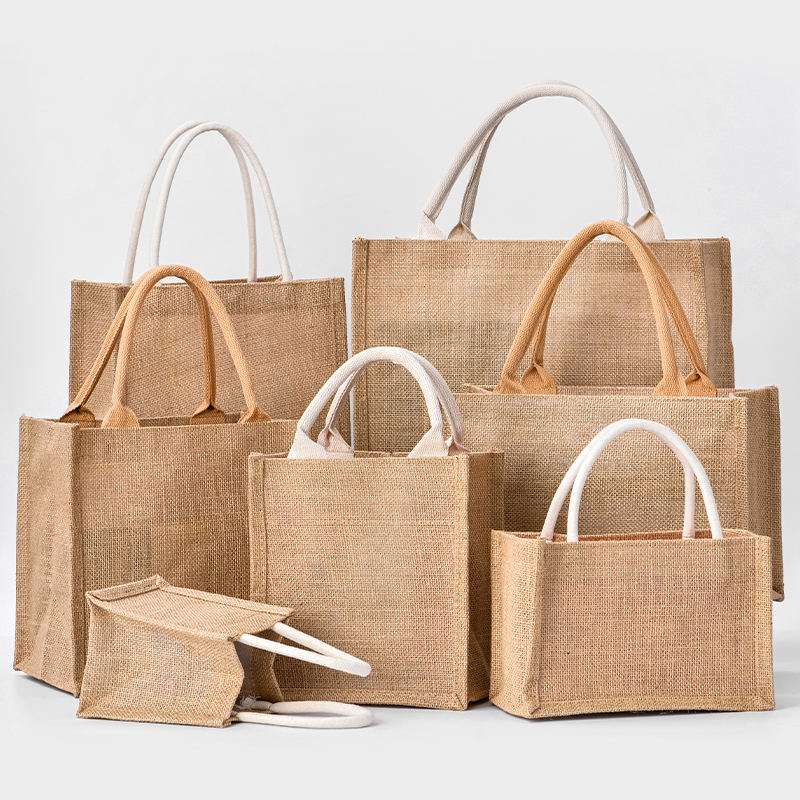
Wrap up
Jute bags are recyclable and a sustainable alternative to plastic bags. By choosing jute bags, you reduce waste, support renewable resources, and promote a cleaner environment. Their durability, versatility, and long lifespan make them a practical choice for everyday use.
Even when your jute bags end their life cycle, you can repurpose them into various creative projects, ensuring they continue to serve a purpose. So, switch to jute bags today and be a part of the solution for a greener future.
